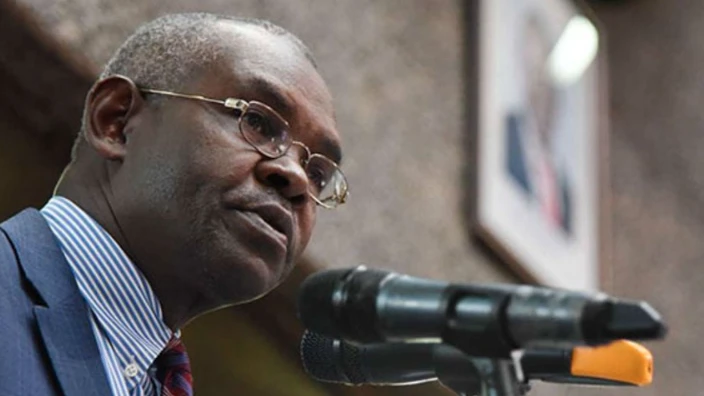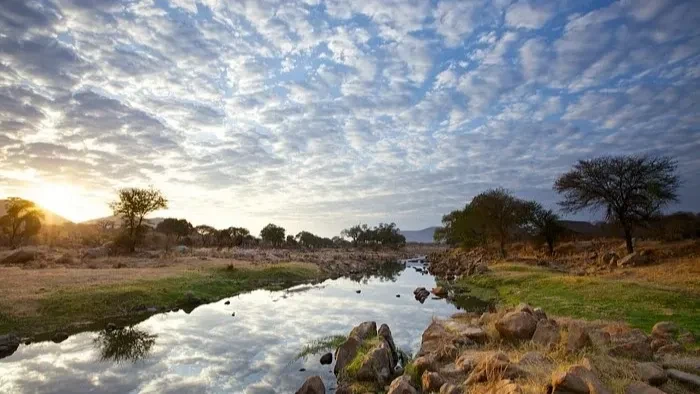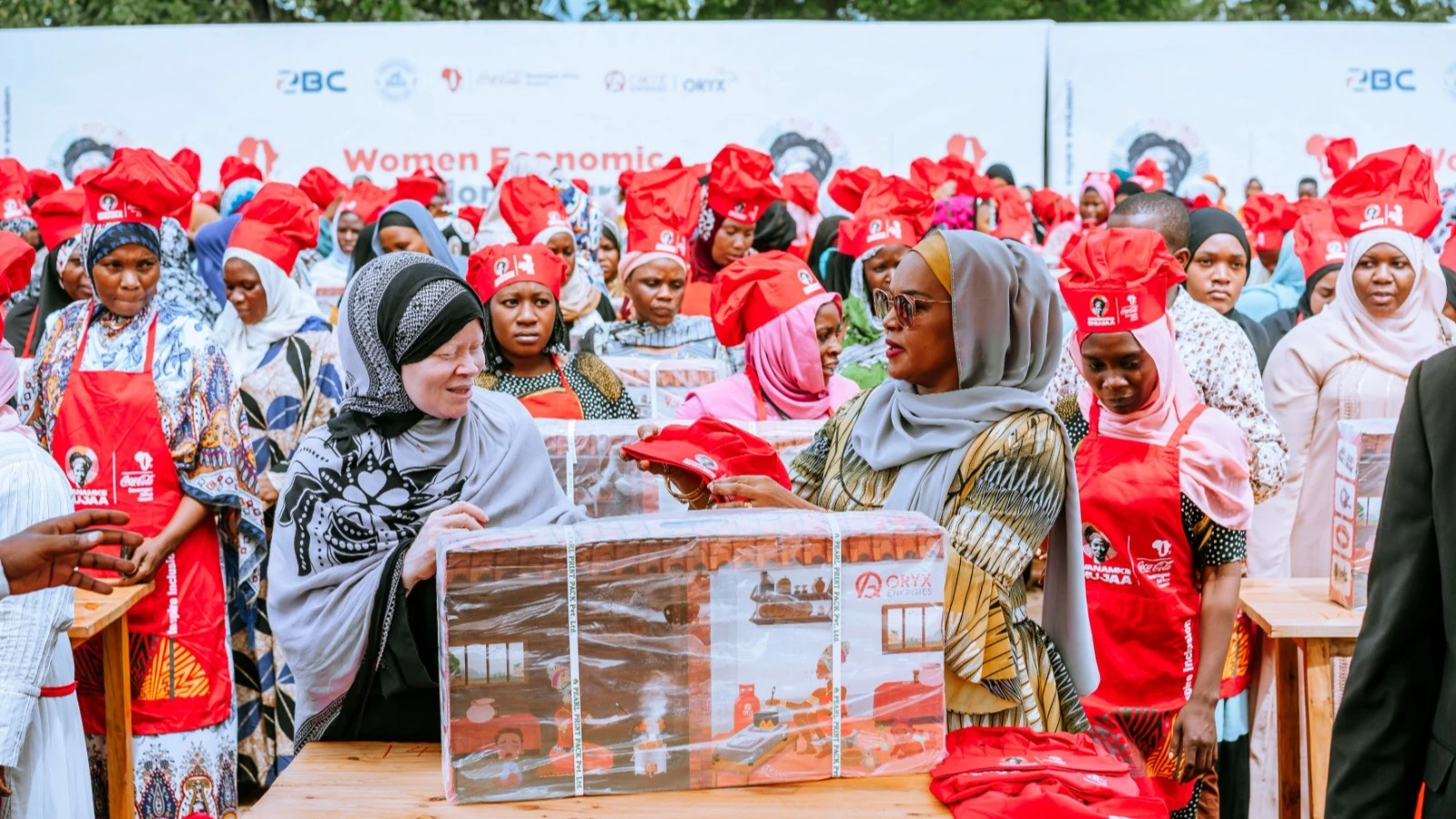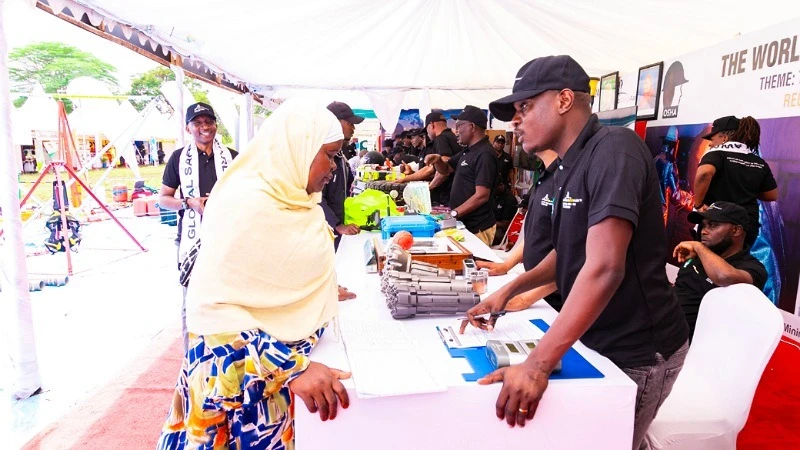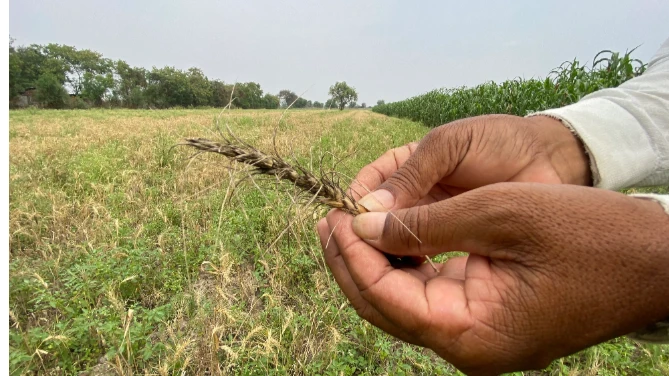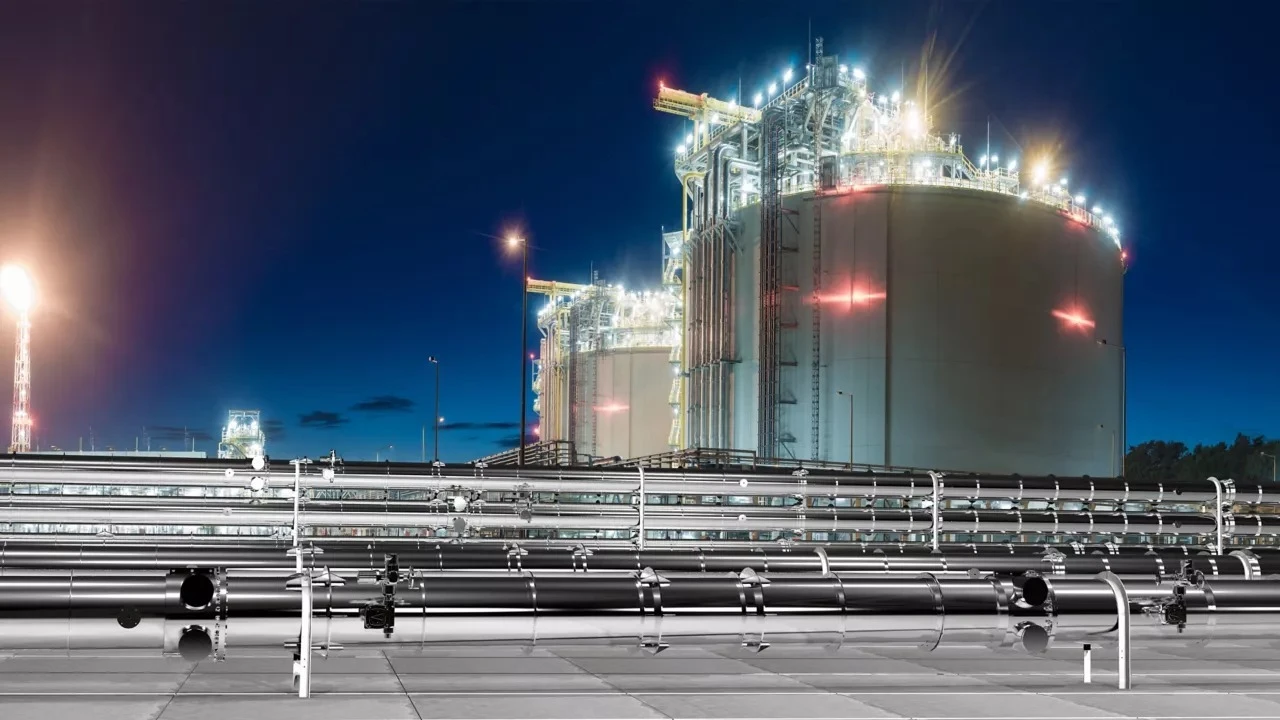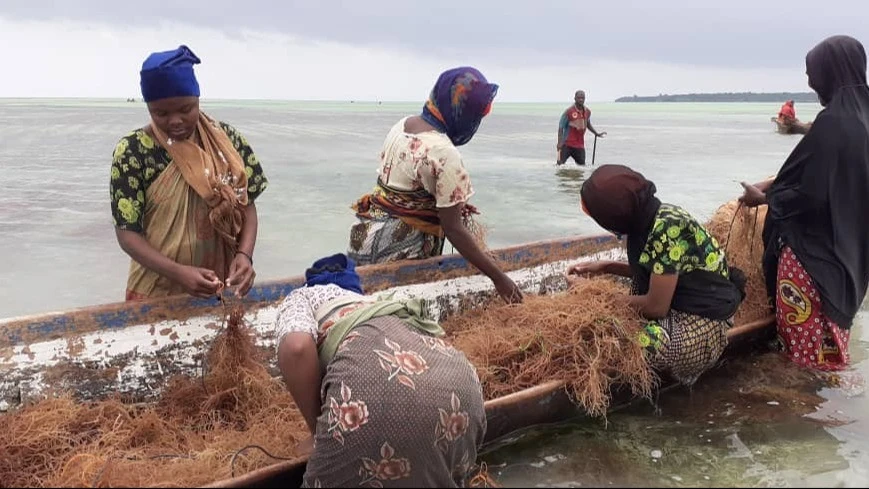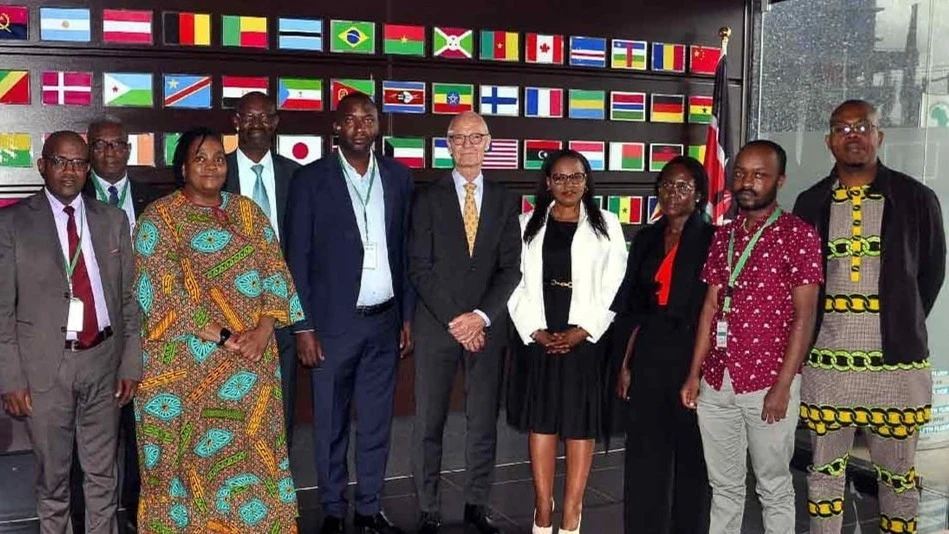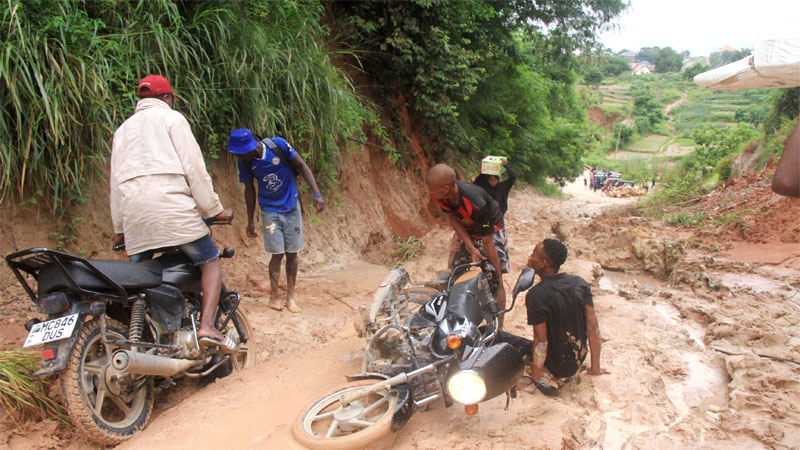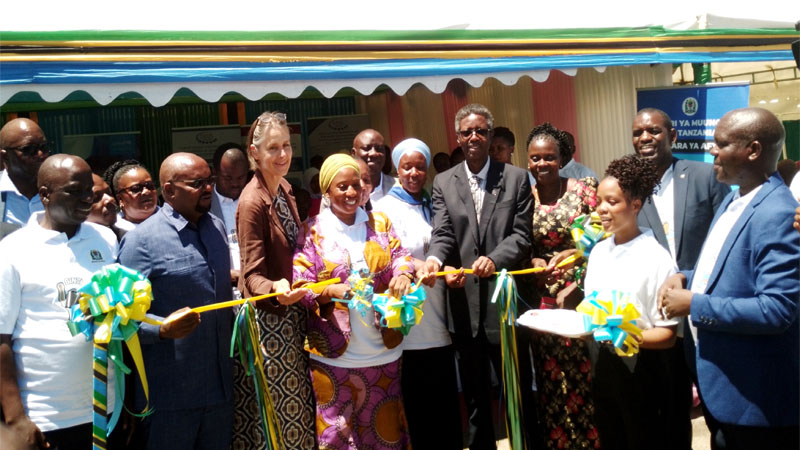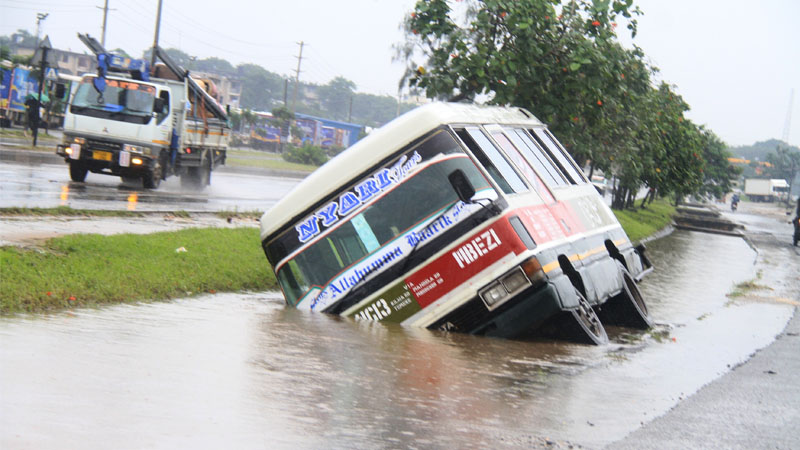Powering progress: The forces fuelling renewable energy adoption in Africa
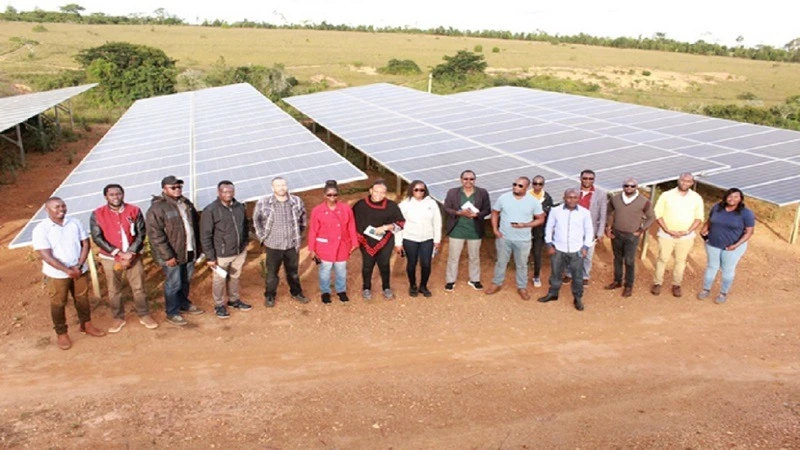
IN recent years, Africa's renewable energy landscape has been rapidly evolving. Many African countries are turning to renewable energy to meet rising energy demand, reduce greenhouse gas emissions, and improve energy security.
Several factors are influencing this evolution. The first is Africa's abundance of renewable energy resources such as solar, wind, and hydropower. As a result, the deployment of these technologies has increased, particularly in off-grid and rural areas.
Another factor is that the cost of renewable energy technologies is decreasing. This has increased the accessibility and affordability of renewable energy, making it a more viable option for widespread deployment.
Furthermore, governments and international organizations have played an important role in driving renewable energy growth in Africa. Many governments have implemented policies and incentives to encourage renewable energy investment, while international organizations have provided financial and technical assistance to assist in the development of renewable energy projects.
However, there are several issues that must be addressed. Financing is one of the most difficult issues confronting Africa's renewable energy industry. Many renewable energy projects necessitate substantial upfront investments, and financing can be difficult to obtain. This is especially true for smaller projects and those in rural areas that are not grid-connected.
Another significant issue is a scarcity of infrastructure to support renewable energy projects. This includes both physical infrastructure, such as transmission lines and energy storage systems, and institutional infrastructure, such as renewable energy policies and regulations.
Renewable energy policies and regulations are still lacking in many African countries. This can create barriers for project developers and investors, slowing the industry's growth.
The renewable energy industry necessitates highly specialized technical knowledge, which can be difficult to come by in some African countries. This can make designing, building, and maintaining renewable energy projects difficult.
Despite these obstacles, some recent renewable energy deals and projects have been completed in Tanzania and Zanzibar. In Tanzania, for example, the Kikagati hydropower project is a collaboration between Tanzania and Uganda. It entails the construction of a 14 MW hydroelectric power plant on the Tanzanian side of the border, with the majority of the work taking place there
The Dodoma solar power project is a 300 MW solar power project under construction in Dodoma, Tanzania. The Tanzanian government and several international partners are working on the project, which is expected to significantly increase the country's renewable energy capacity.
Tanzania is also involved in the Scaling Solar program, a World Bank initiative to assist countries in developing large-scale solar projects. The program helps throughout the project cycle, from procurement to financing and construction.
The Zanzibar Renewable Energy Project aims to provide renewable energy and improve access to electricity in Zanzibar's rural areas. The Rural Energy Agency (REA) is implementing the project, which includes the installation of solar PV systems and mini grids in several villages.
Tanzania and Zanzibar have made significant strides in increasing renewable energy capacity and improving rural access to electricity. The country has set a goal of generating 50 percent of its electricity from renewable sources by 2025, and these recent projects and deals are helping to get it there.
Because of their political structures, Tanzania and Zanzibar have distinct regulatory landscapes. Tanzania is a unified Republic, but Zanzibar is a semi-autonomous archipelago. Tanzania and Zanzibar have their own energy regulators. Tanzania has an Energy and Water Utilities Regulatory Authority (EWURA) that regulates the energy and water sectors. On the other hand, Zanzibar has the Zanzibar Utilities Regulatory Authority (ZURA).
Tanzania's and Zanzibar's energy policies differ. The Ministry of Energy and Minerals develops and implements Tanzania's energy policy, while the Ministry of Water, Energy, and Minerals develops and implements Zanzibar's policy. Tanzania's goal is to generate 50 percent of its electricity from renewable sources by 2025. Zanzibar has set a similar goal of producing half of its electricity from renewable sources by 2030.
Tanzania's energy generation mix is more diverse, with renewable energy sources such as hydro, solar, and wind power, as well as fossil fuel-based power plants. Zanzibar, on the other hand, relies heavily on diesel generators to generate electricity.
Ruwaida Manji, is an Associate Corporate at Rive & Co, a law firm born from partnership between ABC Attorneys and Stallion Attorneys. While the firm provides top-notch legal solutions, kindly note that this article is intended for informational purposes only and should not be considered as legal advice.
Top Headlines
© 2024 IPPMEDIA.COM. ALL RIGHTS RESERVED


